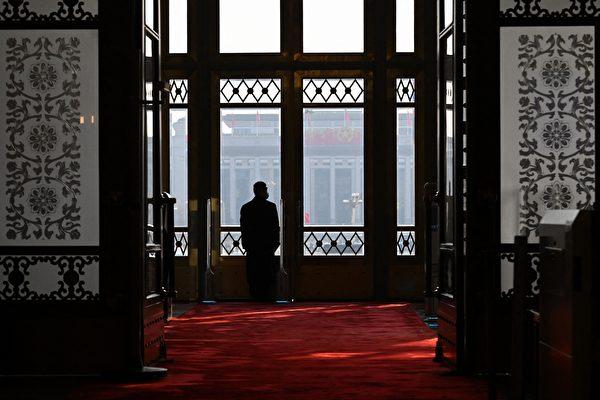News Analysis
The Chinese Communist Party (CCP) finds itself in a quandary internally and externally, as the much-anticipated Third Plenum of the 20th Central Committee of the CCP remains indefinitely postponed. Legal scholar Yuan Hongbing, based in Australia, offers insights into the delay, alleging that Xi Jinping’s initial plan to assign blame for various crises onto Jiang Zemin was hindered by setbacks among his allies. Consequently, Xi had to defer the conference temporarily.




